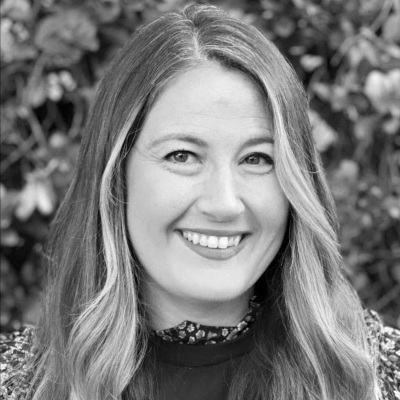Are you looking for Counseling for Anxiety in Orlando?

Photo by Thought Catalog on Burst.
So, first of all, let me assert my firm belief that the only thing we have to fear is...fear itself — nameless, unreasoning, unjustified terror which paralyzes needed efforts to convert retreat into advance.
-Franklin D. Roosevelt
At one point, anxiety was about protecting us from harm. Generally speaking, it has been an enormously helpful evolutionary adaptation. Anxiety kept our ancestors out of harm by sounding alarms in their heads and making them feel scared in hazardous circumstances for thousands of generations. The fact of the matter is, we owe a lot to anxiety and the role it played in the early days of humanity.
Unfortunately, anxiety sometimes exceeds its usefulness. We are no longer hunter-gatherers scavenging in the underbrush. For most of us, there is no bear wandering around the next bend. For some, however, anxiety remains a crippling force in their life.
If anxiety is controlling your life, one of the best courses of action is seeking counseling for anxiety. Therapy and counseling have been repeatedly and robustly shown to be remarkably effective. Thousands of peer-reviewed, individual, and independent studies and meta-analyses conducted over decades have reached the same conclusion: Counseling for anxiety works.
In some ways, counseling for anxiety can be a better solution than medications. Unlike medication, the benefits can continue long after therapy ends1. Those who complete counseling have been shown to be healthier, happier, and more productive2, and often gain confidence in their ability to live a more full and rich life3.
In addition, getting help with your anxiety may prolong your life and reduce healthcare costs4. Anxiety and chronic stress play an expensive role in disease onset and progression. Further, those who complete therapy for anxiety may reduce their risk of cardiovascular disease5, cancer6, and dementia7.
Let's start the process towards healing and personal growth. Contact us today.
Not sure about treatment? We have brief measures to assess anxiety, depression, or trauma
(1) Hollon, S. D., Stewart, M. O., & Strunk, D. (2006). “Enduring effects for cognitive behavior therapy in the treatment of depression and anxiety.” Annual Review of Psychology, vol. 57, 285–315.
(2) VandenBos, Gary R.; DeLeon, Patrick H. (1988) “The use of psychotherapy to improve physical health.” Psychotherapy: Theory, Research, Practice, and Training. vol. 25(3), 335-343.
(3) Haycock, Laurel A; McCarthy, Patricia; Skay, Carol L. (1998). “Procrastination in college students: The role of self-efficacy and anxiety.” Journal of Counseling and Development, vol. 76(3). 317-324.
(4) Simon, G., Ormel, J., VonKorff, M. and Barlow, W., 1995. “Health care costs associated with depressive and anxiety disorders in primary care.” American Journal of Psychiatry, 152(3), pp.352-357.
(5) Celano, C.M., Daunis, D.J., Lokko, H.N., Campbell, K.A. and Huffman, J.C., 2016. “Anxiety disorders and cardiovascular disease.” Current psychiatry reports, 18(11), p.101.
(6) Chida, Y., Hamer, M., Wardle, J. and Steptoe, A., 2008. “Do stress-related psychosocial factors contribute to cancer incidence and survival?”. Nature Reviews Clinical Oncology, 5(8), p.466.
(7) Greenberg, M.S., Tanev, K., Marin, M.F. and Pitman, R.K., 2014. “Stress, PTSD, and dementia.” Alzheimer’s & Dementia, 10(3), pp.S155-S165.



